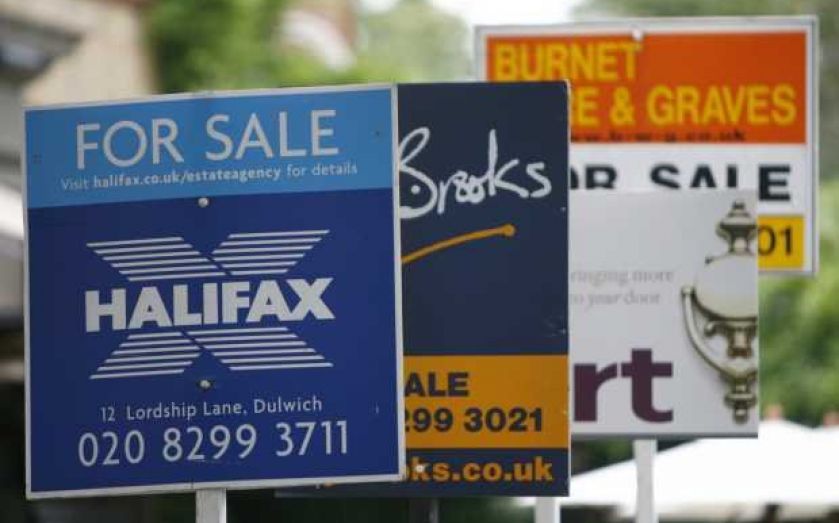Artificially limiting rises in house prices will do more harm than good

ECONOMISTS should be humbled by Friedrich Hayek’s famous plea: “The curious task of economics is to demonstrate to men how little they really know about what they imagine they can design.” If only government and central banks – and those who lobby them – realised how little good came from their proposed interventions, and how much harm results.
Last week, the Royal Institute of Chartered Surveyors (RICS) argued that there should be a limit on house price rises of 5 per cent per annum. If rises went beyond this limit, RICS suggested, the authorities should put restrictions on the mortgages banks could offer.
There would be several objections to this policy if it were to be followed in isolation. Sometimes house prices rise for good reason, and limiting price rises will make the market even less able to respond by building new houses and by turning commercial property into residential property. Secondly, if house prices are rising because incomes are rising strongly, or because of a previous recession, the only consequence of limiting rises to 5 per cent per year will be that people refuse to sell, as they will expect catch-up growth over the coming years. The UK is also not a single housing market: supply and demand conditions differ in different parts of the country. For the last 30 years, house prices have risen strongly in London and the South East, but less strongly elsewhere.
And if people are blocked from obtaining mortgages, even though banks are happy to lend, it will make it even more difficult for the young to get on the housing ladder. Further, people who are prevented from taking out mortgages may well take out more expensive and completely unsuitable forms of credit instead.
The main problem with this proposal, however, is that its designers are looking down the wrong end of the telescope. We have the Bank of England making it more difficult for banks to lend money due to onerous capital requirements. It then responds to the problems this creates by unconventional monetary policy, inflating asset prices – including for houses.
Concerned about the extension of mortgage credit, the government then brings in the statutory regulation of mortgages – with a whopping consultation document of 500 pages. Then, worried about the difficulty people have getting mortgages, the government – seemingly oblivious to the policies in the US that caused the 2008 crash – provides mortgage guarantees (through schemes like Help to Buy) to people who can’t obtain mortgages on commercial terms. To cap it all, we have one of the most restrictive land-use planning policies in Europe. Even after a decade of stagnation of real incomes, house prices are still rising from levels far higher than in nearly all comparable countries.
In a vicious circle of regulation begetting regulation, we have a proposal to cap the house price increases caused by all the other regulations. Let’s start at the other end and unpick the interventions one-by-one so we can have a free market in housing.
Philip Booth is editorial and programme director at the Institute of Economic Affairs, and professor of insurance and risk management at Cass Business School.